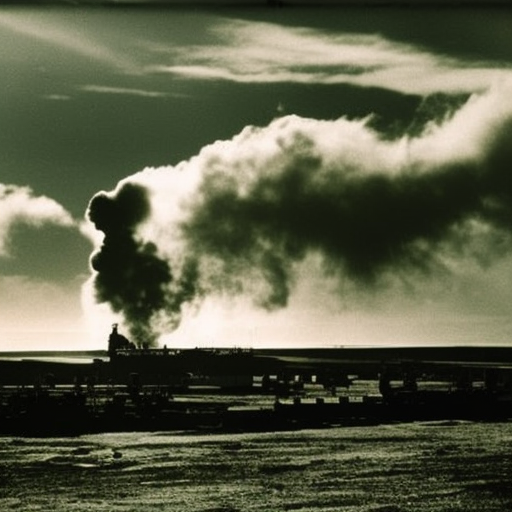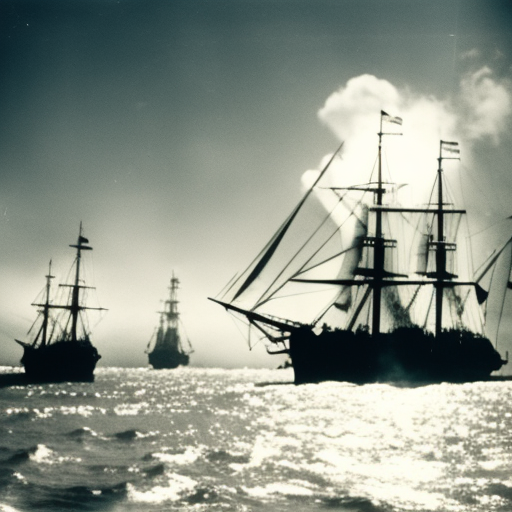The Falklands War: A Brief Summary
The Falklands War was a ten-week conflict that took place in 1982 between Argentina and the United Kingdom over the disputed Falkland Islands, South Georgia, and the South Sandwich Islands. The war resulted in a decisive British victory and had significant political and military consequences for both countries involved.
Background
The Falkland Islands, a remote archipelago in the South Atlantic, had been under British control since 1833. However, Argentina had long claimed sovereignty over the islands, which they referred to as the Malvinas. Tensions between the two countries escalated in the late 20th century, with Argentina increasing its efforts to assert its claim.
Argentine Invasion
On April 2, 1982, Argentine forces invaded the Falkland Islands, quickly overwhelming the small British garrison stationed there. The Argentine government, led by General Leopoldo Galtieri, hoped to strengthen its domestic support and divert attention from the country’s economic and political problems.
International Response
The invasion of the Falkland Islands sparked international condemnation, with the United Nations calling for an immediate withdrawal of Argentine forces. The United Kingdom, under the leadership of Prime Minister Margaret Thatcher, swiftly dispatched a naval task force to retake the islands.
Naval Conflict
The British task force, consisting of aircraft carriers, destroyers, and submarines, set sail for the South Atlantic. The Argentine Navy, though smaller and less well-equipped, put up a fierce resistance. Several naval engagements took place, including the sinking of the Argentine cruiser General Belgrano by a British submarine.
Amphibious Assault
On May 21, 1982, British forces launched a major amphibious assault on the Falkland Islands. The operation involved a combination of air and naval power, as well as a ground offensive by British troops. Despite facing difficult terrain and determined Argentine resistance, the British gradually gained the upper hand.
End of the Conflict
After ten weeks of intense fighting, Argentina surrendered on June 14, 1982. The Falkland Islands were once again under British control. The conflict resulted in the deaths of approximately 649 Argentine military personnel, 255 British military personnel, and three Falkland Islanders.
Political and Military Consequences
The Falklands War had significant political and military consequences for both Argentina and the United Kingdom. In Argentina, the defeat led to the downfall of the military junta and the restoration of civilian rule. It also had a lasting impact on Argentine society, with the war becoming a symbol of national pride and a source of ongoing political debate.
For the United Kingdom, the war was a major victory that boosted the popularity of Prime Minister Margaret Thatcher. It also reaffirmed the country’s status as a global military power and had a profound impact on its defense policies. The conflict highlighted the importance of naval power and led to increased investment in the British armed forces.
Legacy
The Falklands War continues to have a lasting legacy. The sovereignty dispute between Argentina and the United Kingdom remains unresolved, with tensions periodically resurfacing. The war also had a profound impact on the lives of those involved, both military personnel and civilians, and its memory continues to shape national identities and political discourse in both countries.
In conclusion, the Falklands War was a ten-week conflict between Argentina and the United Kingdom over the disputed Falkland Islands. The war resulted in a decisive British victory and had significant political and military consequences for both countries. Despite the relatively short duration of the conflict, its impact continues to be felt today.












